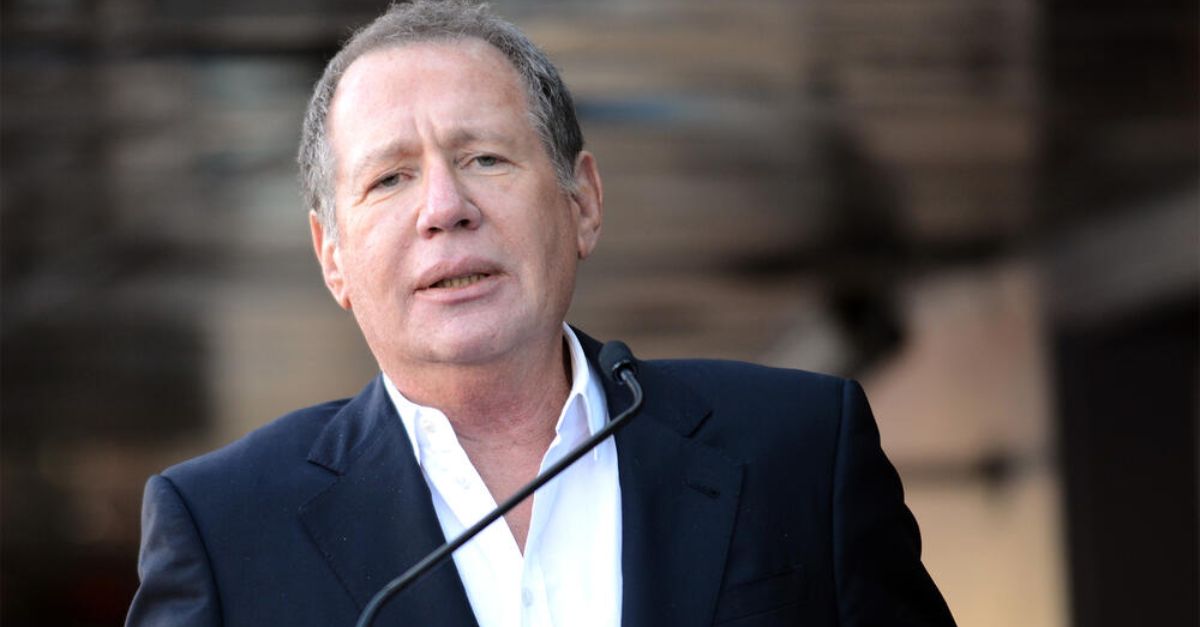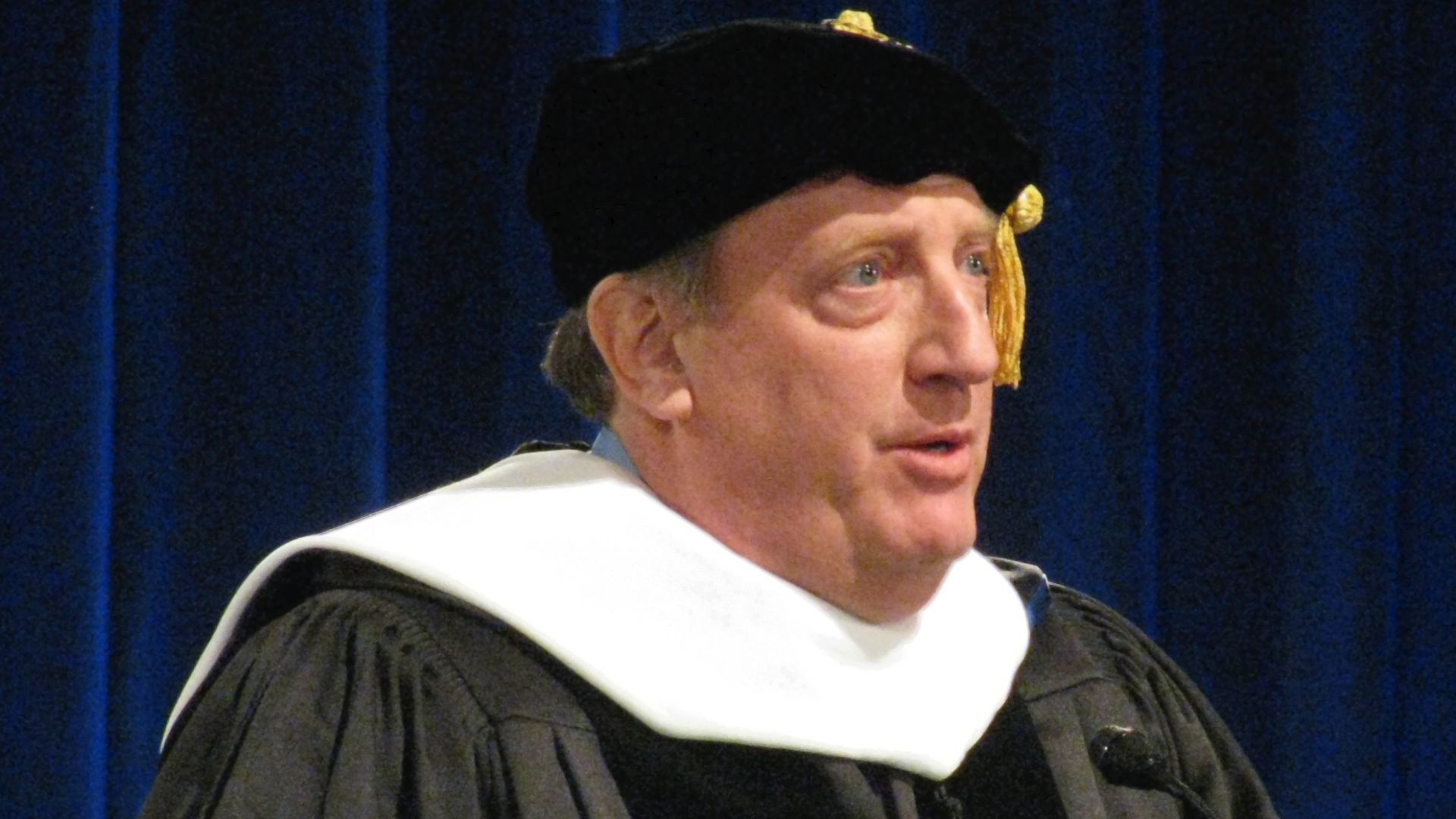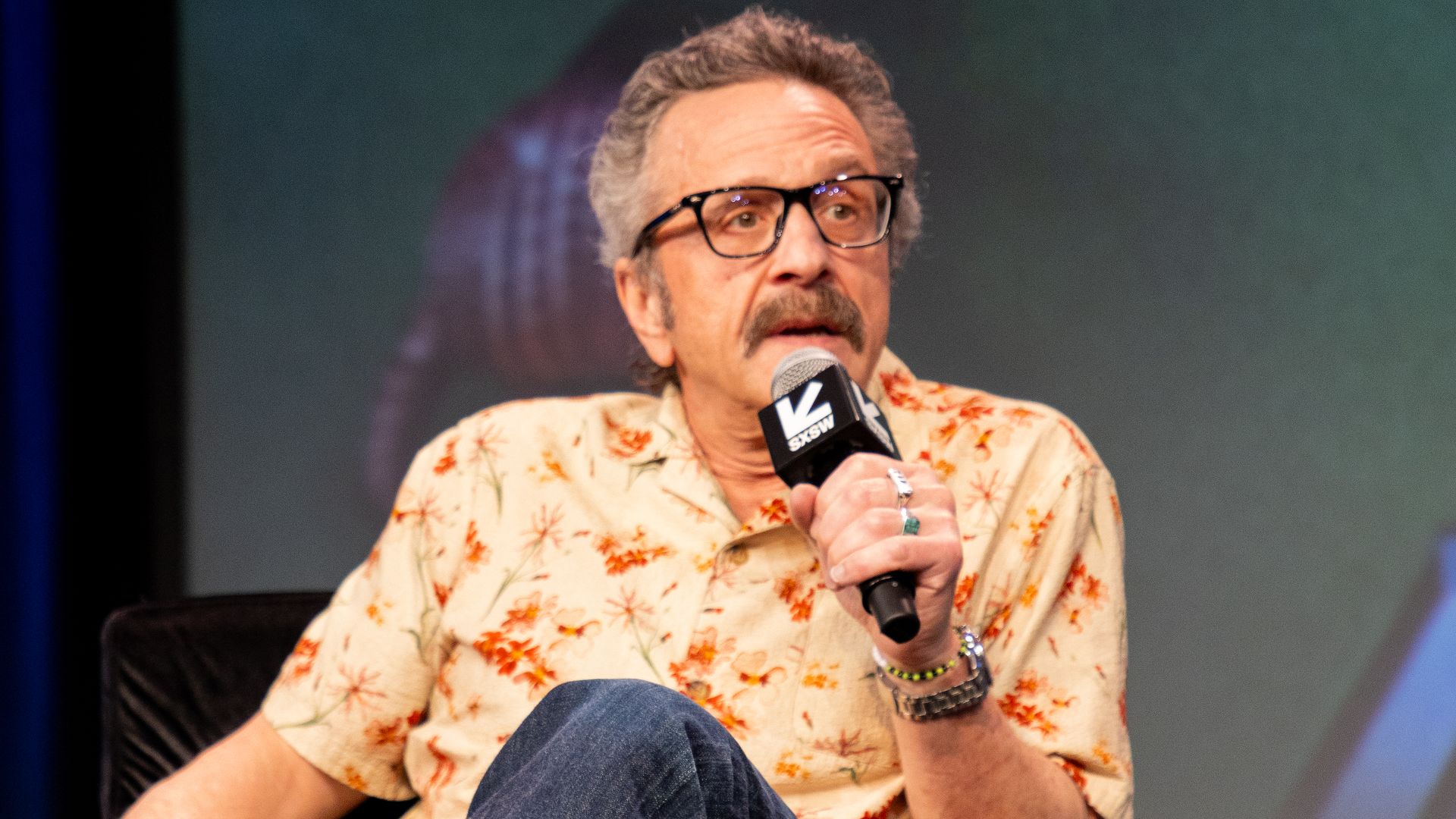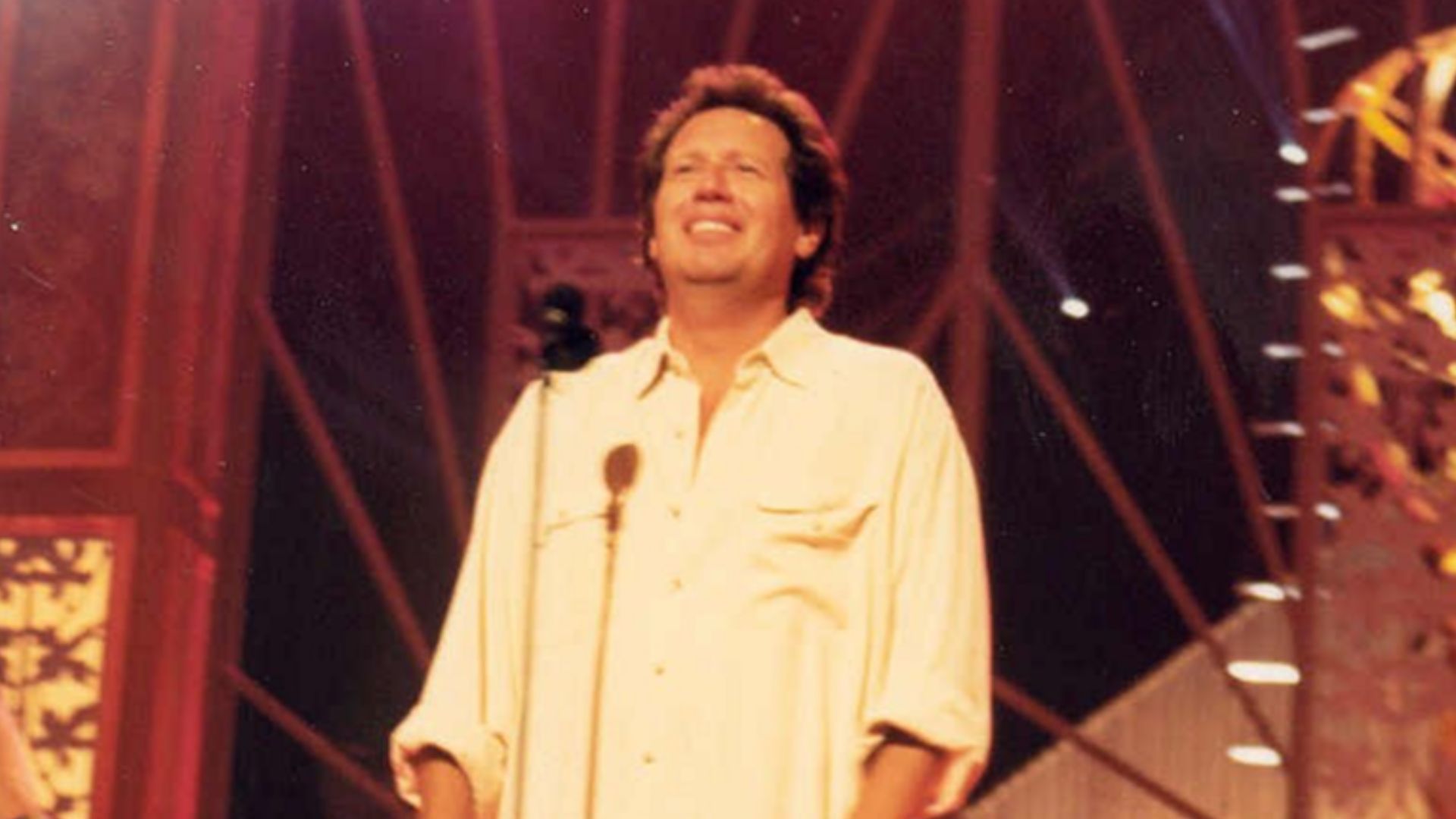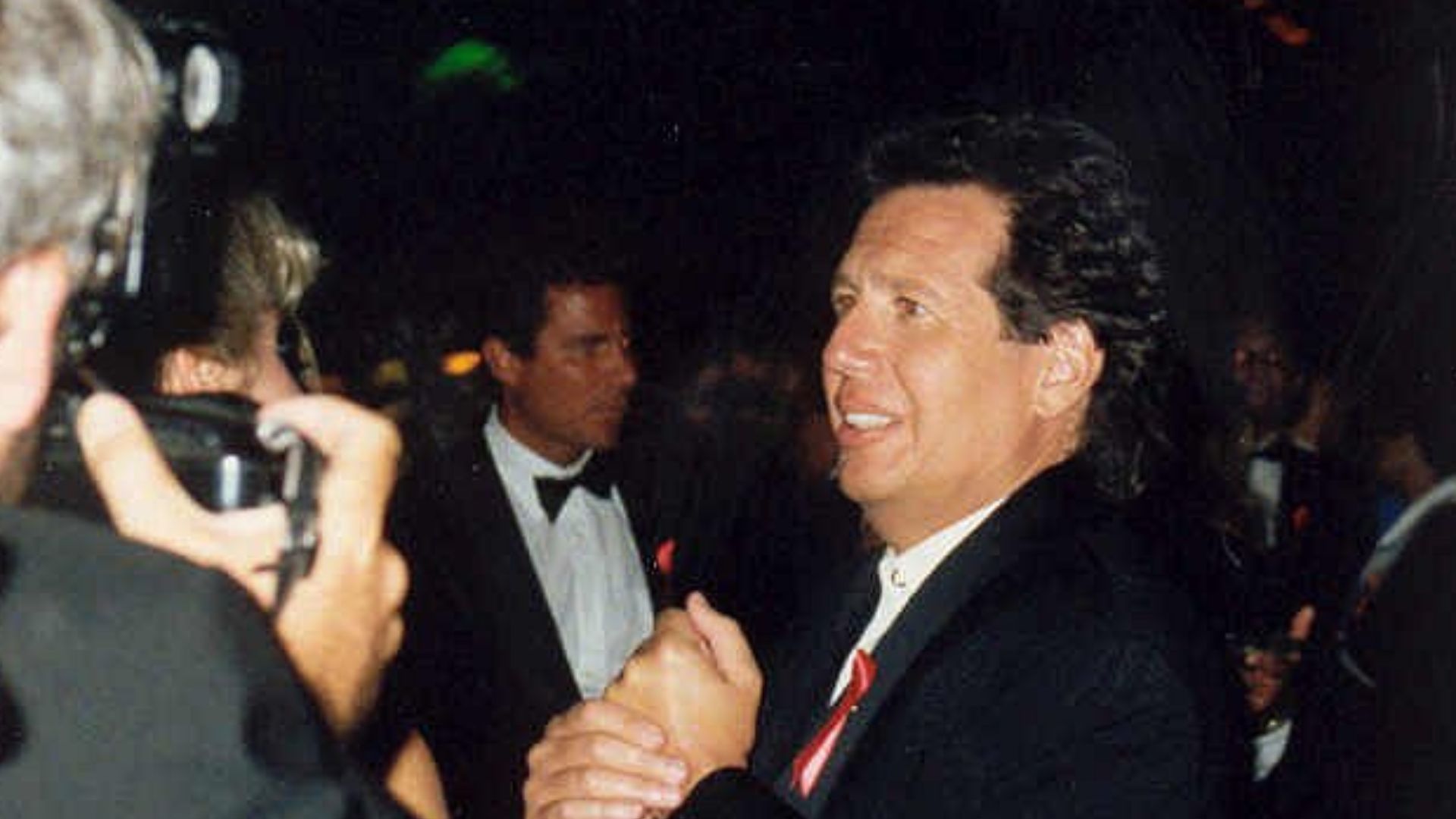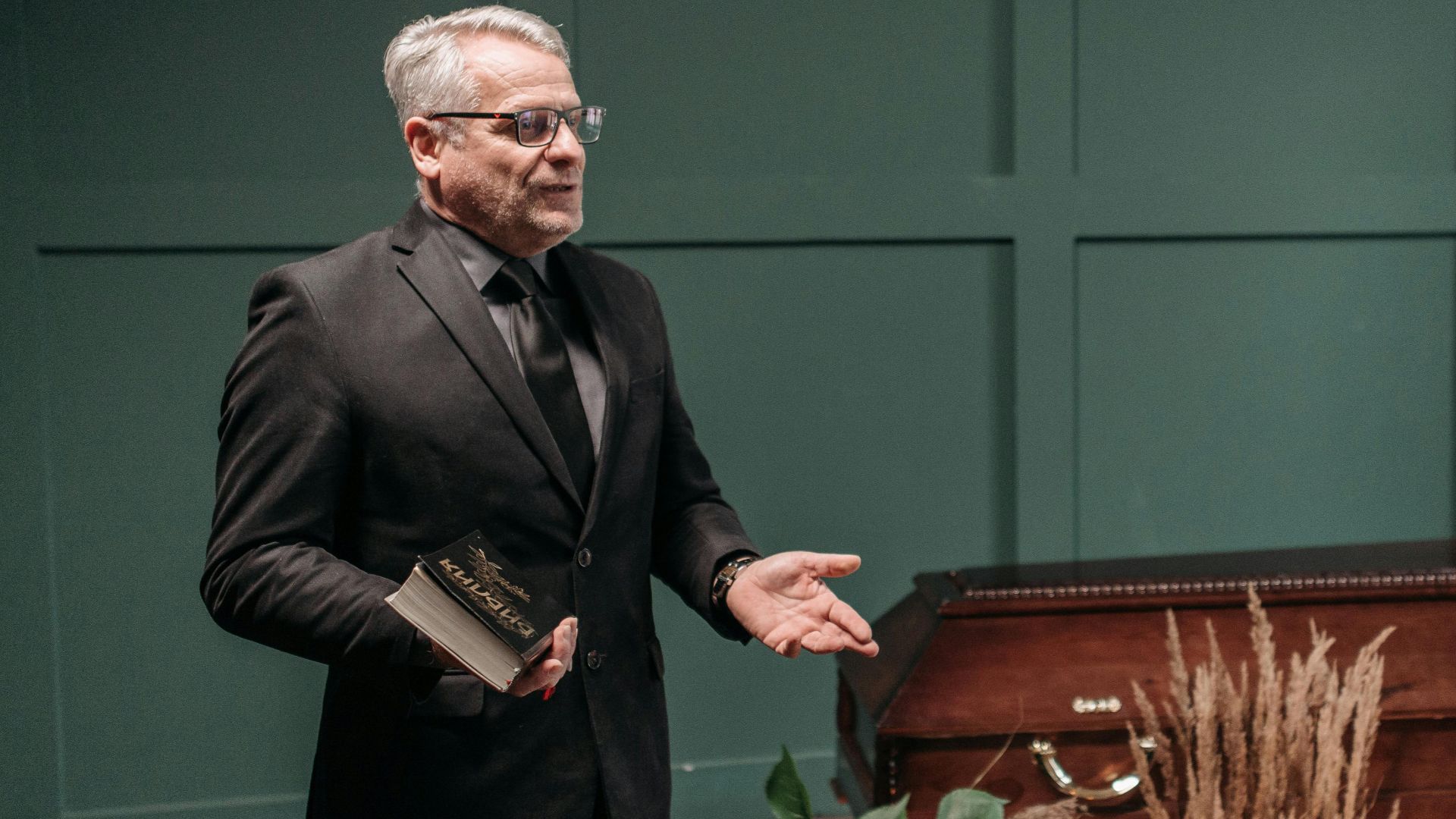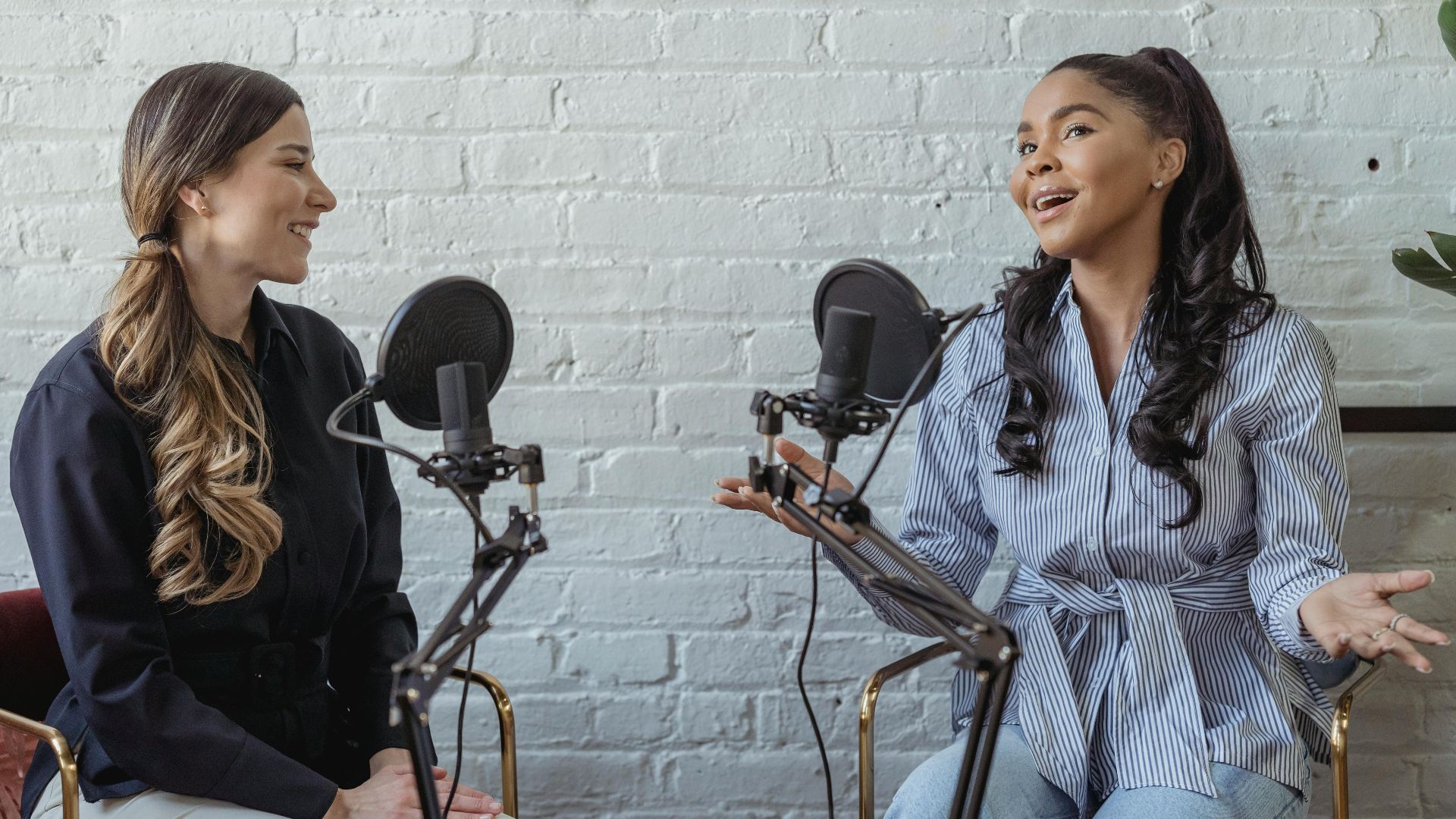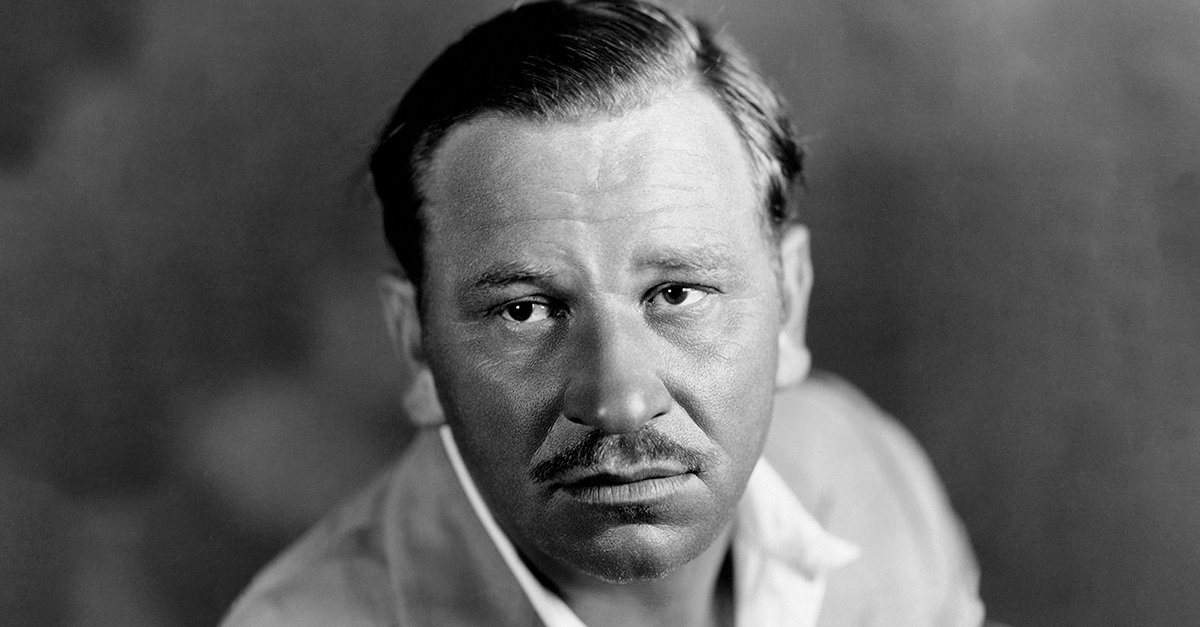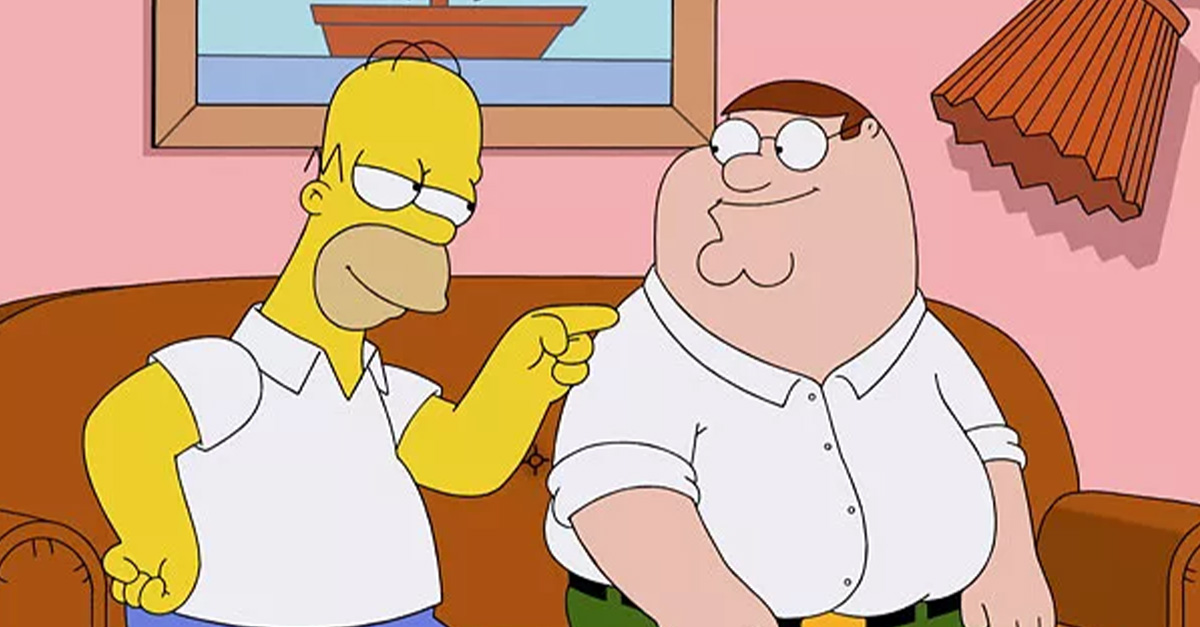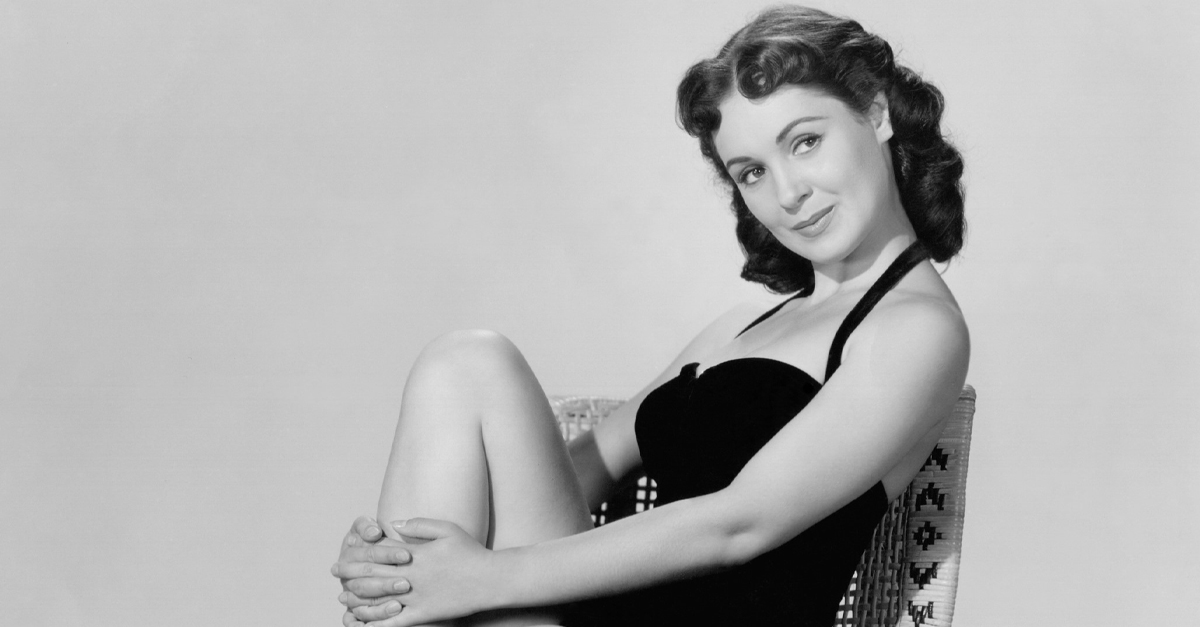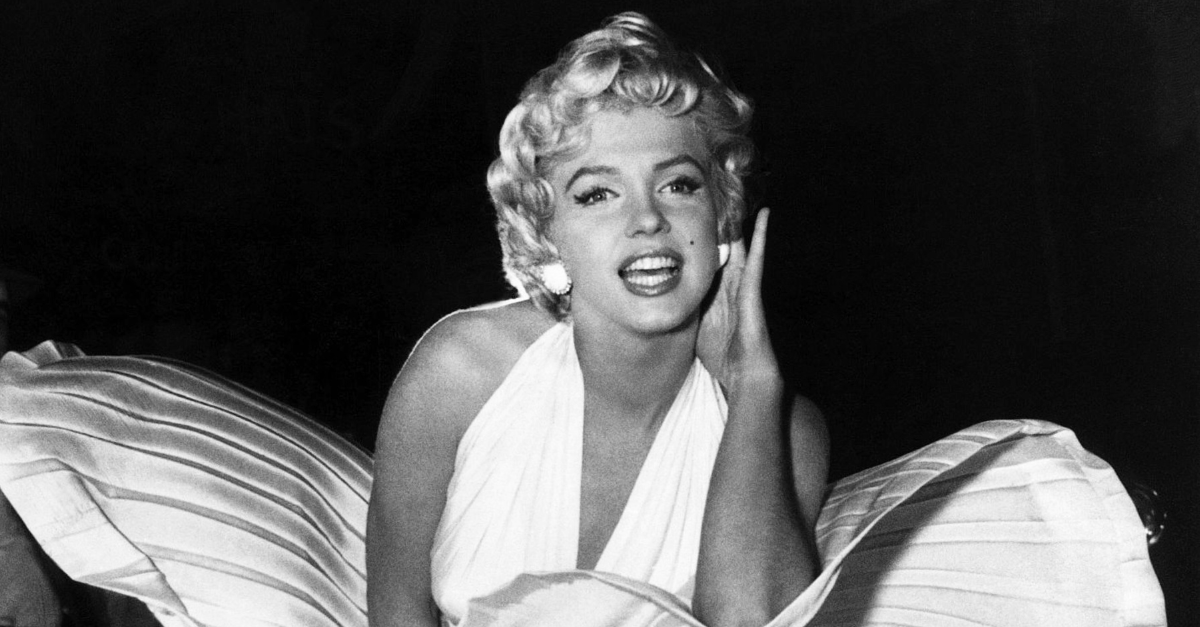The Mentor Comics Never Outgrow
Ask around comedy clubs and you’ll hear stories about Shandling’s gentle nudges and big ideas. His approach helped performers rethink their voice, leaving a blueprint for how modern comedy grows.
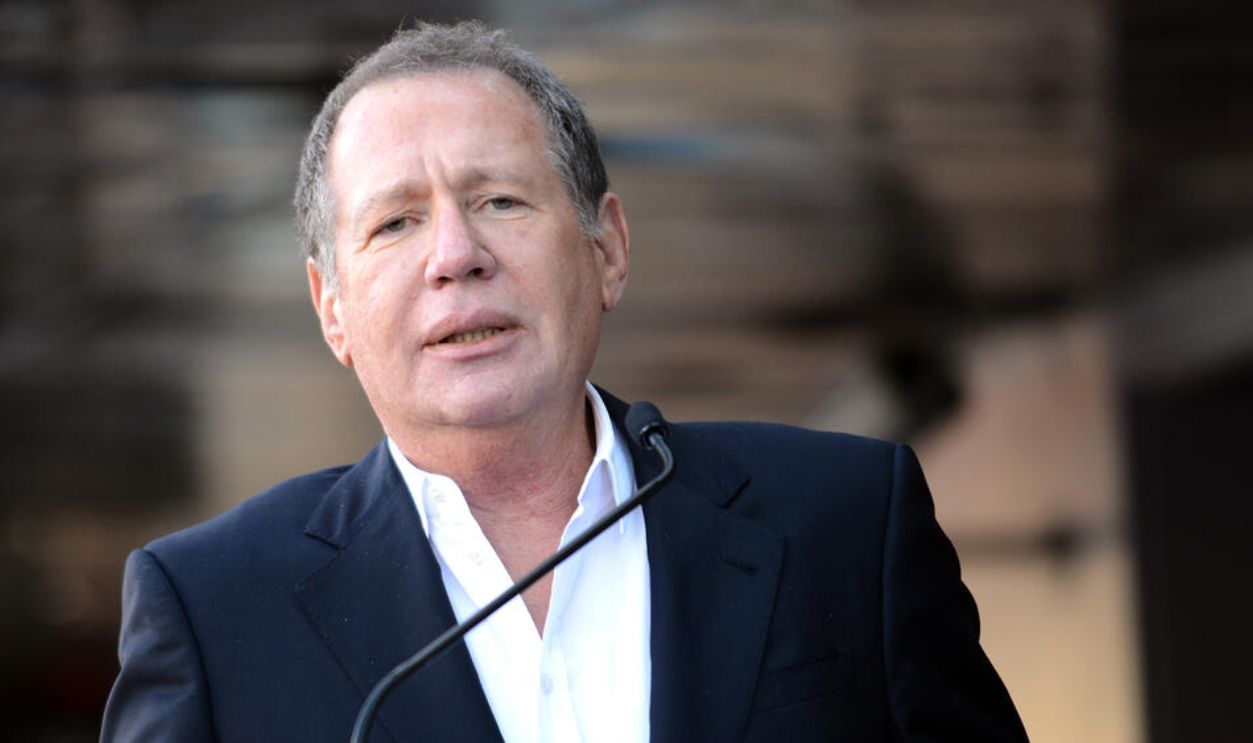
Mentorship That Defined Judd Apatow
Before directing films, Judd Apatow sought guidance from Garry Shandling. Their relationship shaped Apatow’s approach to comedy and storytelling. Apatow later honored Shandling by directing The Zen Diaries of Garry Shandling, which documented Shandling’s handwritten notes and mentorship style to preserve his influence for future generations.
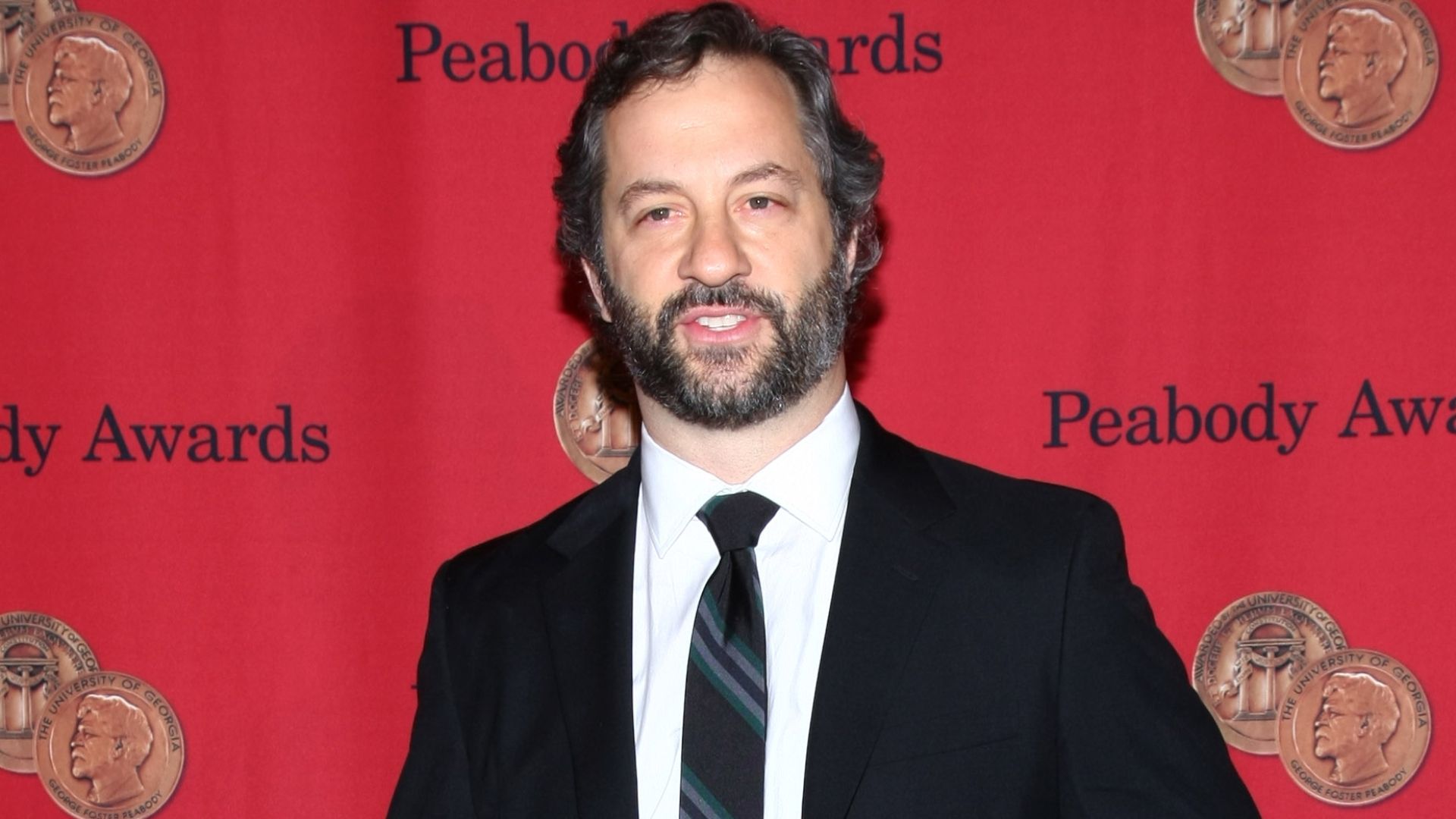 Peabody Awards, Wikimedia Commons
Peabody Awards, Wikimedia Commons
Emotional Honesty In Sarah Silverman’s Work
Shandling encouraged comics to embrace vulnerability as a source of humor. Sarah Silverman adopted this philosophy, blending sharp wit with personal truth. Her stand‑up reflects Shandling’s emphasis on authenticity, and it shows how his mentorship helped shape her fearless, emotionally grounded comedic voice.
 Ali Shaker/VOA, Wikimedia Commons
Ali Shaker/VOA, Wikimedia Commons
Sitcom Innovation With Alan Zweibel
In 1986, Garry Shandling and Alan Zweibel co‑created It’s Garry Shandling’s Show. Their collaboration pioneered meta‑sitcom techniques, which included breaking the fourth wall (when the actor speaks directly to the audience). This partnership reshaped television comedy by establishing Shandling as a groundbreaking figure in sitcom structure and narrative experimentation.
Influence On Ricky Gervais’s Style
Ricky Gervais has praised The Larry Sanders Show as a major influence. He admired its awkward realism and sharp satire to the point that he himself adopted similar techniques in The Office. Shandling’s approach to discomfort and silence directly shaped Gervais’s narrative style.
 Caroline Bonarde Ucci at https://www.flickr.com/photos/caroline_bonarde/, Wikimedia Commons
Caroline Bonarde Ucci at https://www.flickr.com/photos/caroline_bonarde/, Wikimedia Commons
Podcast Lessons With Marc Maron
During a 2011 podcast interview, Garry Shandling discussed vulnerability and philosophy with Marc Maron. Maron later credited Shandling’s insights with shaping his introspective style. Their conversation highlighted Shandling’s emphasis on emotional depth.
Late‑Night Comedy And Conan O’Brien
The Larry Sanders Show influenced late‑night hosts, and this included Conan O’Brien. Shandling’s portrayal of backstage chaos and industry satire informed O’Brien’s approach to comedy. The show’s impact extended across late‑night television, even shaping how hosts addressed behind‑the‑scenes dynamics.
Alternative Comedy With Janeane Garofalo
The 1990s alternative comedy scene reflected Garry Shandling’s introspective style. Janeane Garofalo embraced his encouragement to explore a personal theme. Add to that self‑awareness. Her blend of observational humor and introspection demonstrates Shandling’s broader influence on alternative stand‑up and its evolution.
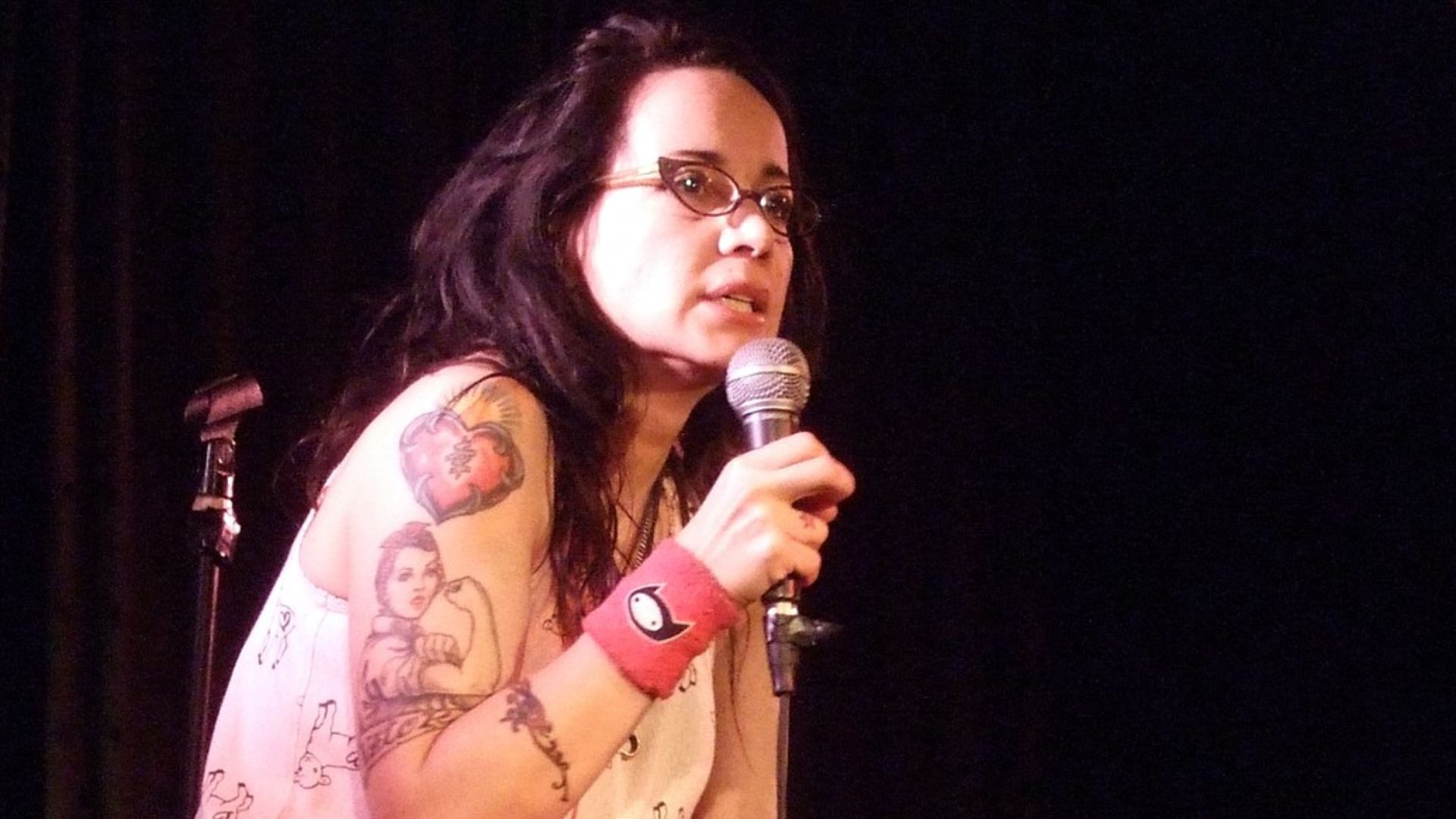 Gaelen Hadlett, Wikimedia Commons
Gaelen Hadlett, Wikimedia Commons
Comedy Mechanics Respected By Chris Rock
Chris Rock admired Shandling’s ability to dissect the mechanics of comedy. The guy would transform backstage stress into sharp commentary, just to offer viewers insights into the life of a performer. Rock respected Shandling’s honesty and craftsmanship, and he acknowledged his influence on how comedians approached the technical and emotional aspects of stand‑up.
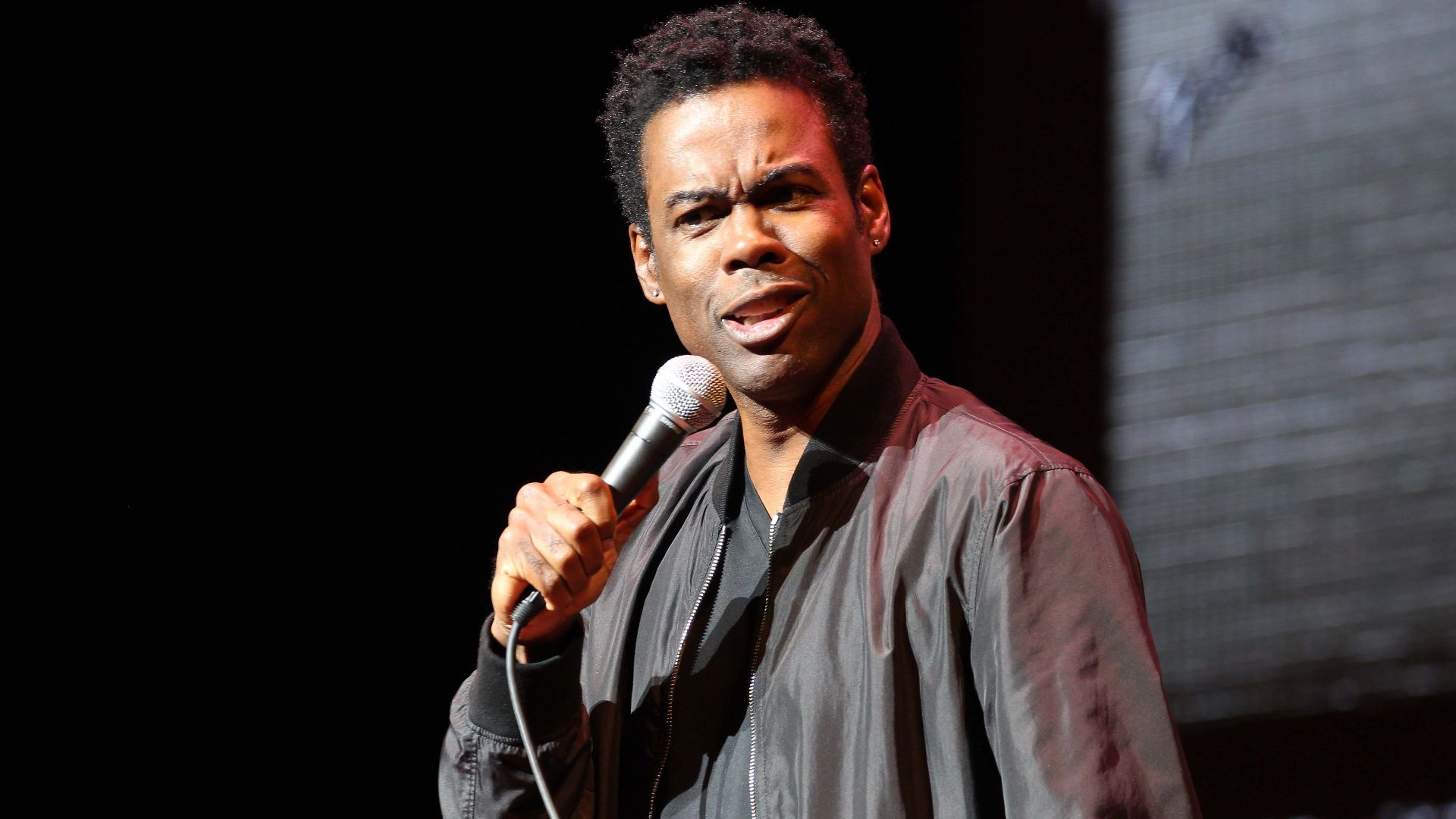 Andy Witchger, Wikimedia Commons
Andy Witchger, Wikimedia Commons
Influence On Late-Night Hosts
His biggest late-night impact came from structural ideas rather than individual inspiration. The backstage-front-stage split he toyed with altered how shows framed monologues, interviews, and host personas. That blend of public charm and private chaos pushed late-night formats to feel looser and more self-aware.
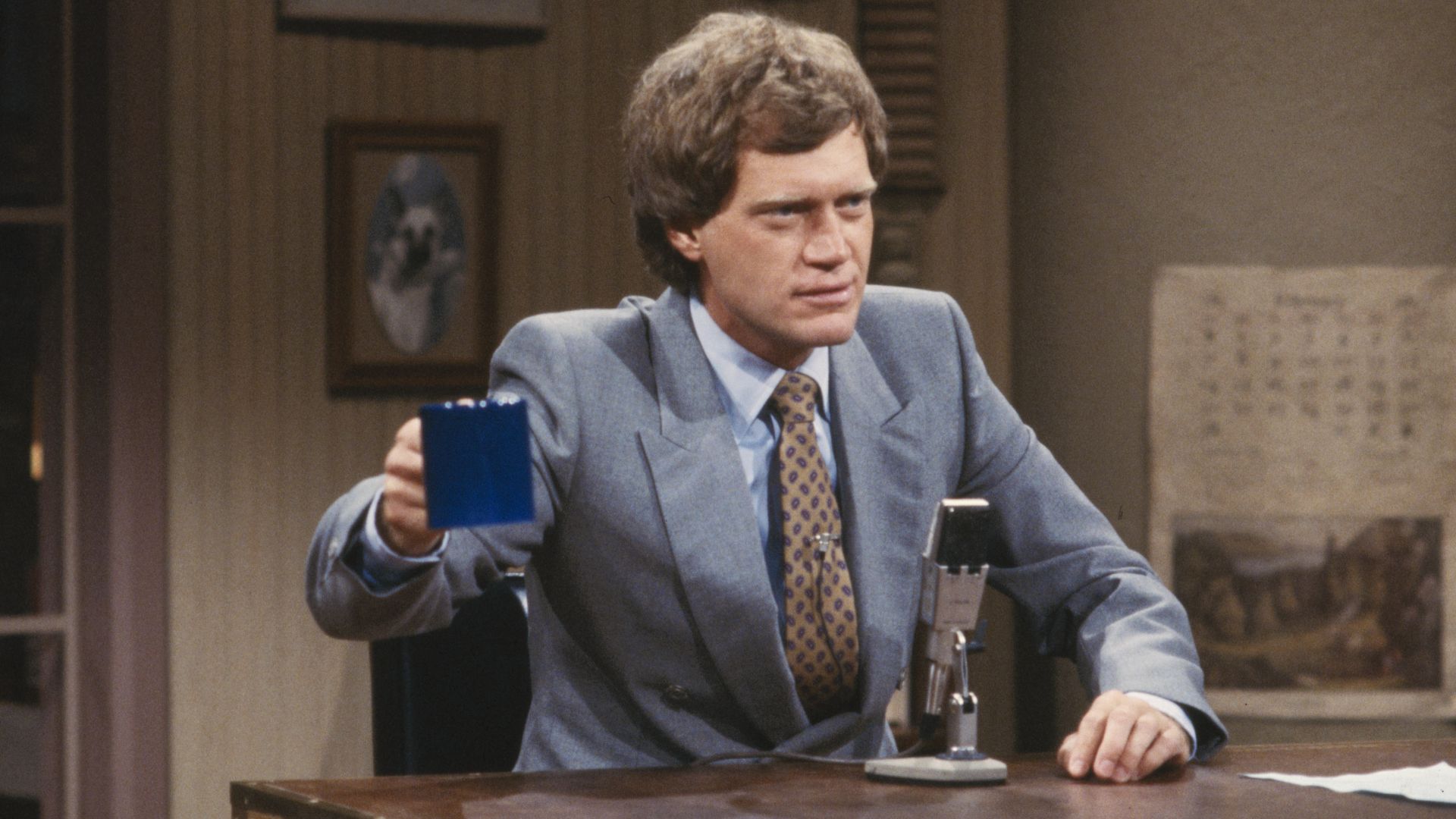 Gotfryd, Bernard, photographer, Wikimedia Commons
Gotfryd, Bernard, photographer, Wikimedia Commons
Mockumentary And Meta-Comedy Techniques
Writers developing mockumentary formats often point to Shandling’s early experiments as creative guideposts. His rhythms shaped the tone behind shows that blend fictional settings with documentary-style awareness. Today, those structural choices are carried forward into decades of self-referential television comedy, even on streaming platforms.
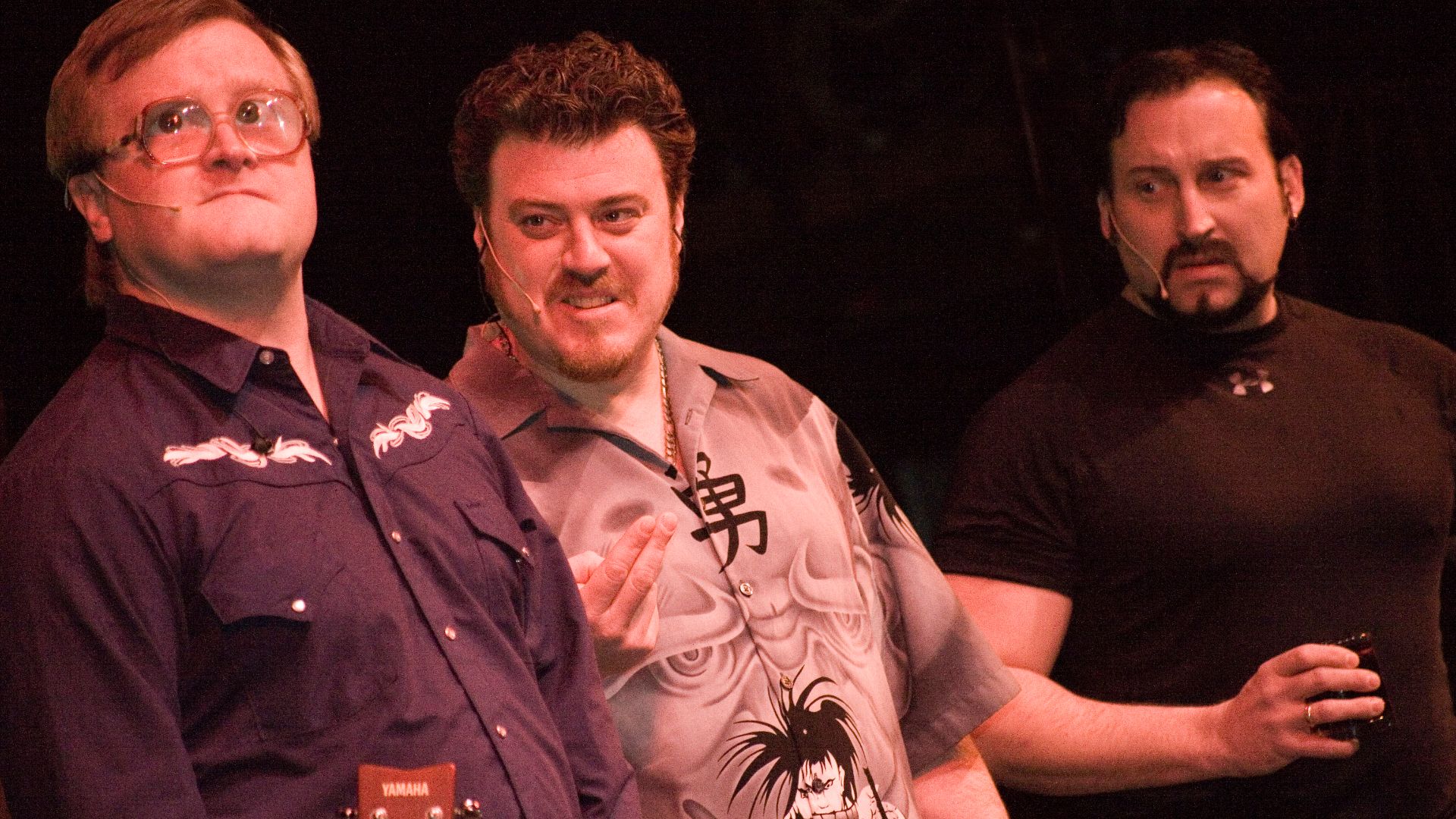 Jason Bain / Copyright: Sun Media, Wikimedia Commons
Jason Bain / Copyright: Sun Media, Wikimedia Commons
Influence On Conversational Stand-Up
A wave of comics embraced conversational pacing after watching Shandling slow a room with ease. The timing he used favored thoughtful pauses over rapid fire. Performers adopted that tone to build intimacy with audiences. With that, modern stand-up handles emotion, reflection, and grounded storytelling.
Emotional-Truth-Based Comedy
Clubs and festivals gradually shifted toward material grounded in emotional truth, and Shandling played a quiet role in that change. Audiences started expecting something more open than polished punchlines. Bookers leaned into that shift, encouraging comics who carried the same honesty Shandling treated as a creative foundation.
Impact Of The Larry Sanders Show On Writing
Writers studying Shandling’s work saw how character flaws could drive momentum more reliably than big plot turns. The pacing in his scripts invited tension to simmer without losing humor. Showrunners adopted that approach to build a series in which jokes supported the emotional throughline rather than distracting from it.
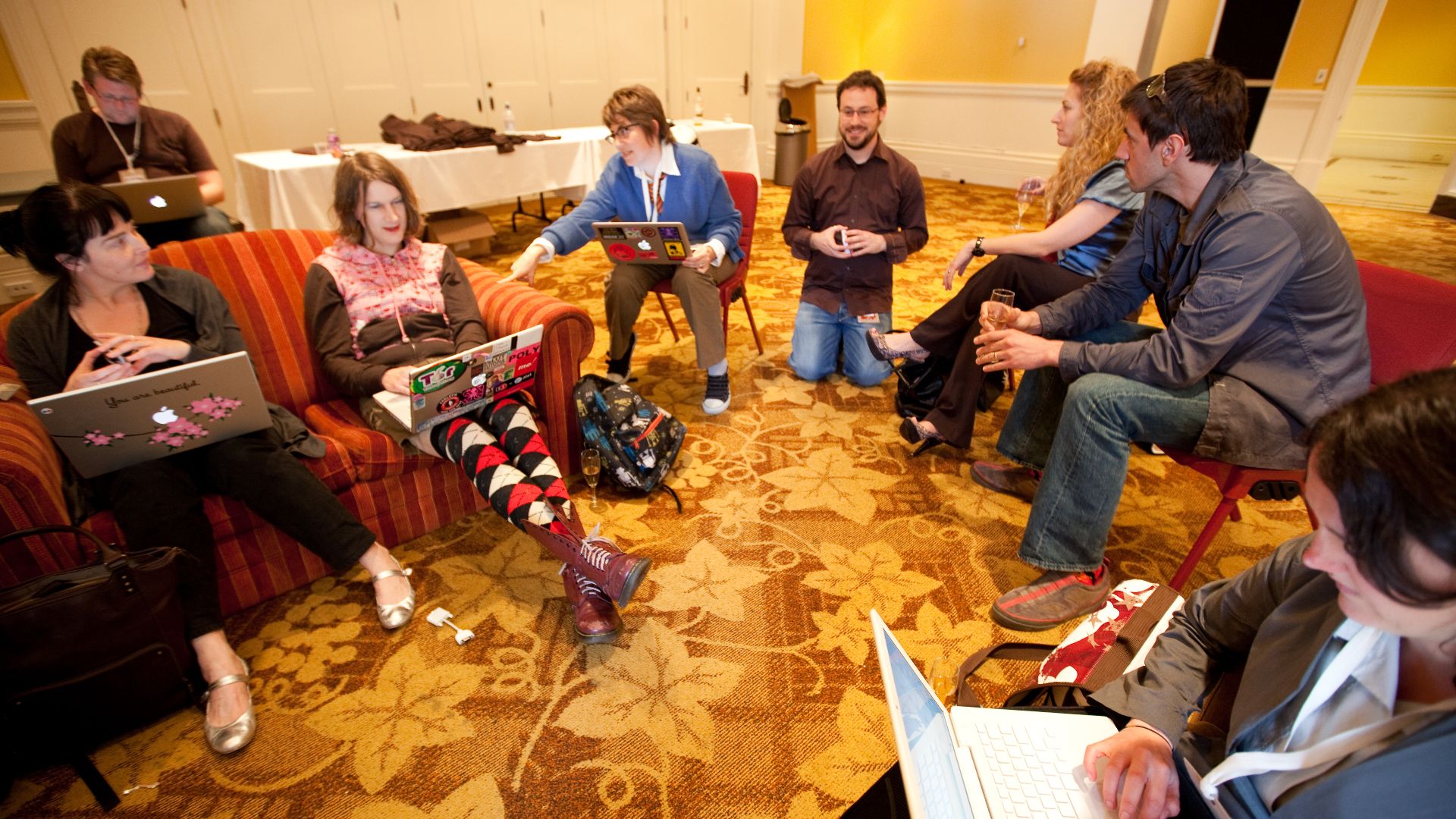 Matt Biddulph, Wikimedia Commons
Matt Biddulph, Wikimedia Commons
Mentorship Shaping Younger Comics
Younger comics entering the scene encountered Shandling’s guidance through conversations, backstage moments, and shared workshops. The approach he used pushed them to explore character. That mentorship style became a quiet but steady influence across rising acts navigating club stages and televised appearances.
Spiritual Approach Influencing Introspective Performers
Shandling blended comedy with spiritual curiosity, drawing from meditation and philosophical reading. Introspective comics found the mix refreshing and used it to deepen their own material. Many later explored similar inspirations: mindfulness and emotional clarity as performance tools.
His Passing Prompting Reflection Across Comedy
When Shandling passed on in 2016, comedians across generations shared stories about his generosity and craft. Their tributes emphasized his steady presence in rehearsal rooms and late-night hangouts. It was clear that the guy was of stellar character. One, they will live to remember.
Journals That Revealed His Guidance Philosophies
A treasure of handwritten journals surfaced after Shandling’s passing, and these revealed thoughts on creativity, ego, and compassion. These writings offered performers insight into how he approached both art and life. These reflections served as an informal read for comics fans curious about the craft's emotional side.
HBO Retrospectives Continuing His Teachings
Viewers exploring comedy history often stumble onto HBO specials that revisit Shandling’s work. These retrospectives highlight his creative experiments. They keep his ideas circulating among new performers seeking guidance from earlier trailblazers who understood both the pressure and the joy of comedic craft.
Handwritten Wisdom Preserved By Collaborators
His collaborators didn’t treat those published notes as keepsakes alone. They pulled them into workshops and rehearsal sessions. Timing cues and observations about ego set reminders to let moments breathe. These points still work their way into all creative spaces.
Influence Echoed In Comedy Podcasts
Open any long-form comedy podcast and there’s a good chance Shandling’s name pops up. Hosts cite his curiosity, his spiritual humor, and his willingness to dig beneath the punchline. Those discussions keep his influence alive among performers, dissecting the art of stand-up.
Industry Respect For His Kindness-Centered Mentorship
Comics who worked with Shandling describe a mentorship that centered on patience. He invested in younger performers with thoughtful questions, not critiques. That approach set him apart in an industry driven by competition, offering comics a model of supportive creative leadership.
Legacy Highlighted In Comedy Festivals
Comedy festivals occasionally present panels or tributes celebrating Shandling’s contributions. These gatherings spotlight his innovations in writing and performance to remind attendees how his ideas continue shaping everything from club sets to prestige television.
 NotFromUtrecht, Wikimedia Commons
NotFromUtrecht, Wikimedia Commons
Influence On The Culture Of Kindness In Comedy
Comics picked up subtle cues from Shandling about how to treat each other. Sharing tags and giving space for someone else’s moment slowly became part of club culture. This example helped shift Green Room energy toward something more generous than the rivalry-heavy environment older generations knew.
Meta-Narrative Structures Shaped By His Innovations
Creators who explore meta-narratives—stories that pause to comment on how stories get made—often credit Shandling for lighting the spark. His playful, self-aware style brought viewers into the creative process. We’ve seen this in family shows like Everybody Hates Chris.
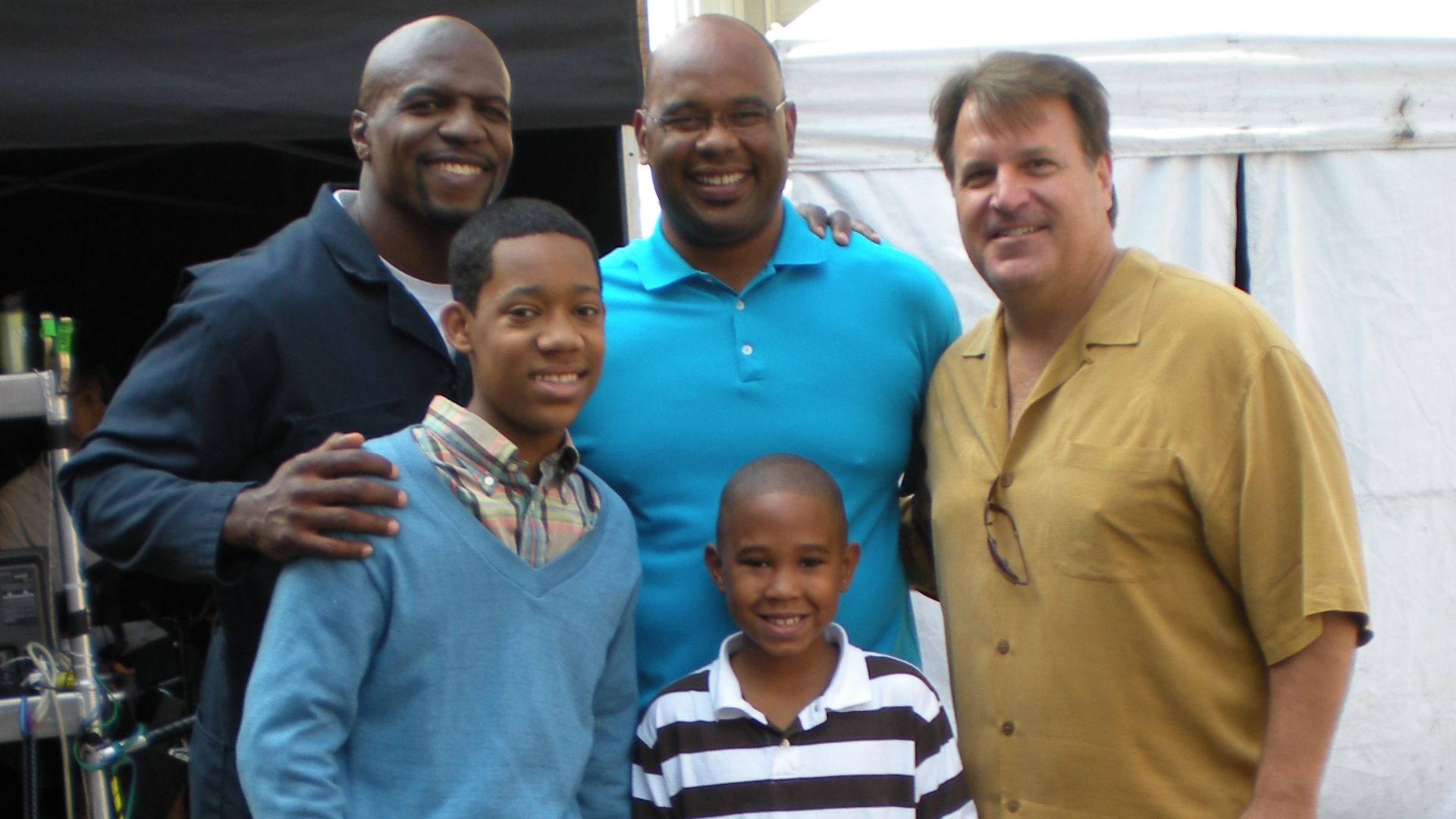 AlterĒvolvere, Wikimedia Commons
AlterĒvolvere, Wikimedia Commons
Ongoing Presence In Modern Comedy Conversations
Comedy classes and writers’s programs still use Shandling as a touchstone. Students revisit his choices to study everything from rhythm to stillness. Teachers reference him when explaining how quiet moments build tension. His work remains a teaching tool that refuses to age out.
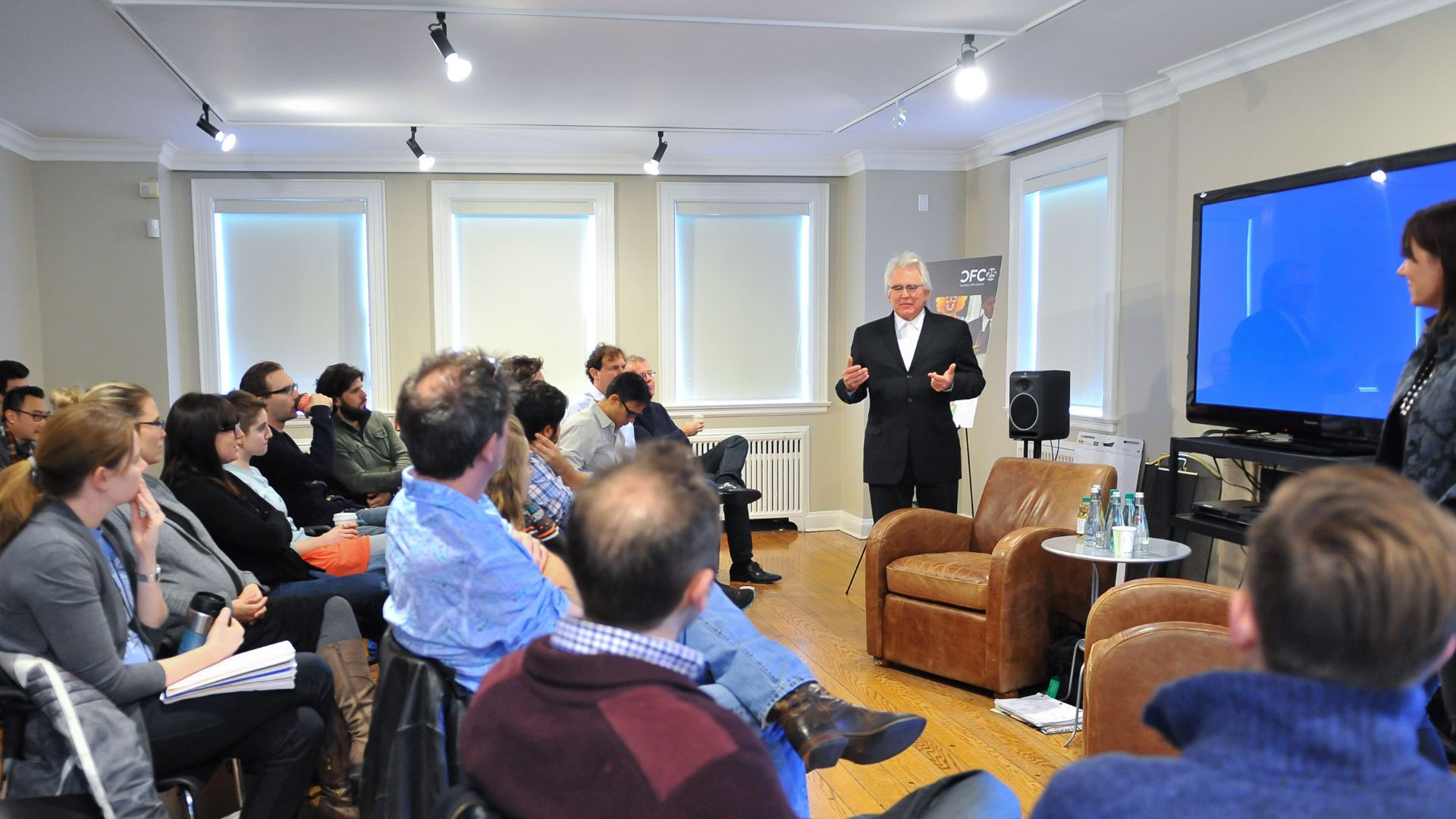 Canadian Film Centre from Toronto, Canada, Wikimedia Commons
Canadian Film Centre from Toronto, Canada, Wikimedia Commons

